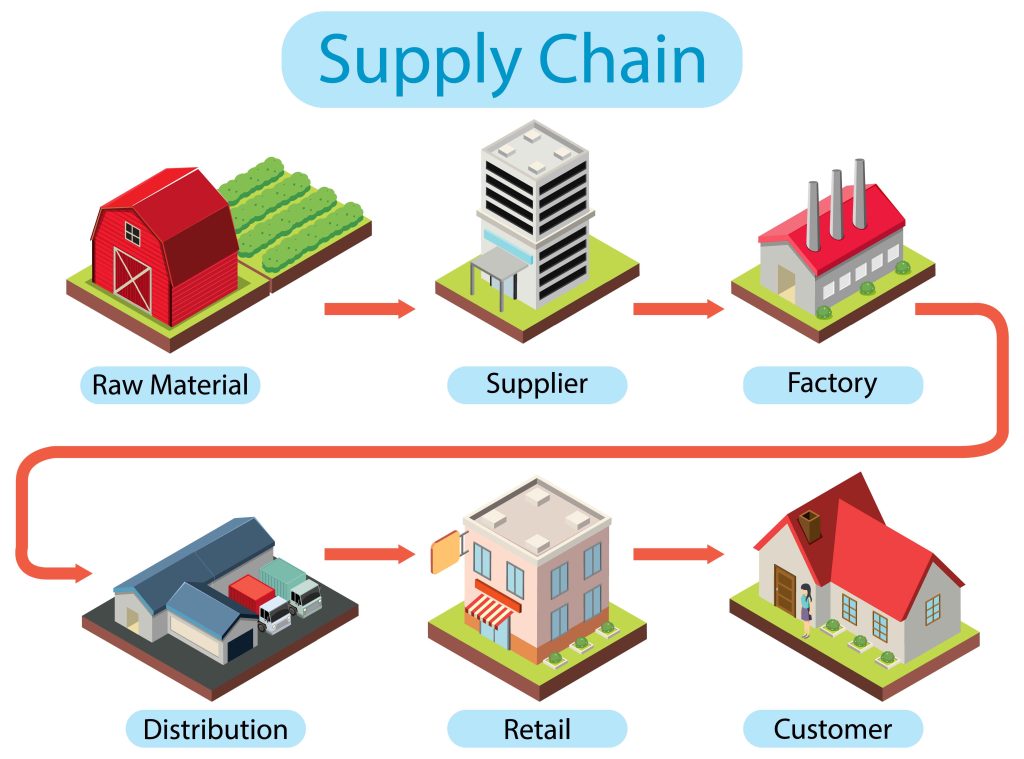9 Ways To Make Your Business More Sustainable

Modern society is defined by its growing environmental consciousness as a result of the ever-evolving climate crisis. As such, businesses are increasingly looking towards sustainability not only as an ethical imperative but also as a strategic advantage.
Adopting sustainable practices can boost brand reputation, resonate with environmentally aware consumers, and even result in cost savings in the long run.
With that in mind, here are nine ways businesses can embed sustainability into their operations:
Energy Efficiency And Renewable Energy
- Adopt energy-efficient equipment: Upgrade to energy-efficient machinery and appliances, such as LED lighting, energy-star rated equipment, and advanced HVAC systems. These investments can reduce energy bills over time.
- Shift to renewable sources: Consider transitioning to renewable energy sources such as solar, wind, or geothermal. Whether through on-site installations or purchasing green energy credits, this shift can reduce your carbon footprint and often comes with financial incentives.
Sustainable Supply Chain Management

- Choose sustainable suppliers: Prioritise suppliers who emphasize eco-friendly manufacturing and sourcing practices.
- Reduce packaging: Work with suppliers to minimize packaging or switch to recyclable or compostable alternatives.
Water Conservation
- Install low-flow fixtures: Reduce water waste by adopting low-flow faucets, toilets, and showerheads in business facilities.
- Rainwater harvesting: Consider systems that capture and store rainwater for non-potable uses, reducing dependence on municipal water supply.
Waste Management
Waste management goes beyond merely disposing of waste – it involves a systematic approach to minimize waste generation and ensure the waste produced is treated in an eco-friendly manner.
- Reduce, reuse, recycle: Adopting the three Rs can lead to significant waste reduction. Reuse materials whenever possible and set up dedicated recycling bins.
- Composting: If your business generates organic waste, consider setting up a composting system.
- Benefits: Effective waste management can lead to cost savings in waste disposal fees and potential revenue from selling recyclable materials. Businesses projecting a commitment to reducing waste can enjoy enhanced brand reputation, customer loyalty, and even tax incentives in certain regions.
Encourage Telecommuting And Remote Work
- Reduce commuter emissions: By allowing employees to work remotely, even part-time, you can reduce the carbon emissions associated with daily commutes.
- Decrease office energy consumption: Fewer people in the office mean reduced energy consumption, which can translate to savings on utility bills.
Sustainable Product Design And Development
- Innovative materials: Opt for sustainable, recyclable, or biodegradable materials in product design. For instance, using bamboo instead of plastic or conventional wood can lead to a smaller carbon footprint.
- Longevity and repairability: Design products that last longer and can be easily repaired rather than replaced. This reduces waste and offers consumers better value for their money, building trust and loyalty.
Stakeholder Engagement And Transparency
- Feedback mechanisms: Engage with stakeholders, including customers, suppliers, and investors, to gather insights on how your business can improve its sustainability efforts. This collaboration can uncover new opportunities or areas of concern.
- Transparent reporting: Regularly publish sustainability reports detailing your business’s environmental impact, goals, and progress. This transparency not only builds trust but also helps in benchmarking and setting clearer sustainability targets.
Eco-Friendly Transportation
- Fleet upgrades: If your business relies on transportation, consider shifting to hybrid or electric vehicles.
- Promote public transport: Offer incentives or subsidies for employees who use public transportation, carpool, or bike to work.
Continuous Education And Training
- Staff training: Regularly educate staff on sustainability practices specific to their roles.
Stay updated: The world of sustainability is evolving. Stay updated with the latest trends, technologies, and best practices to ensure your business remains at the forefront of sustainable operations.
Additional Reading:












